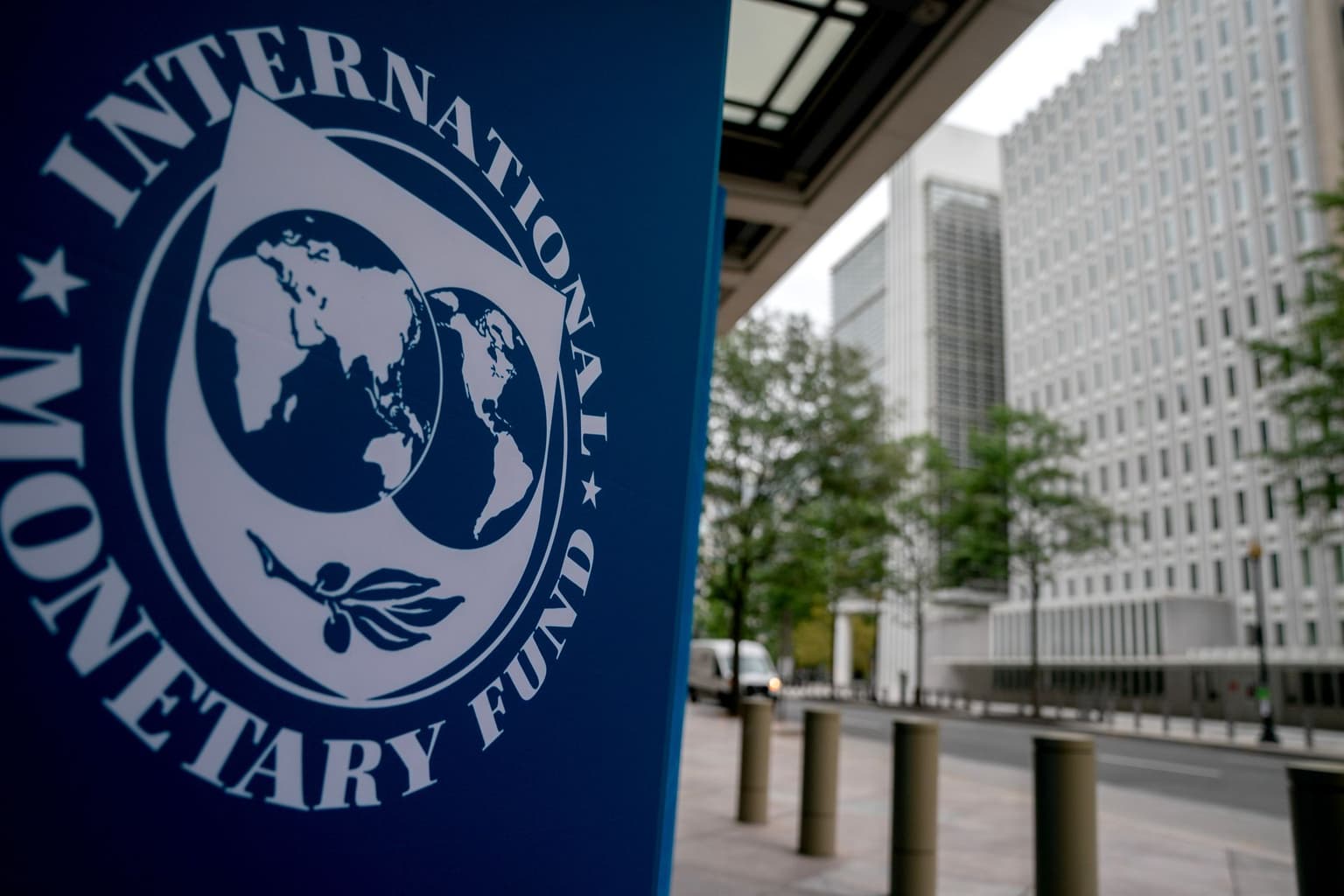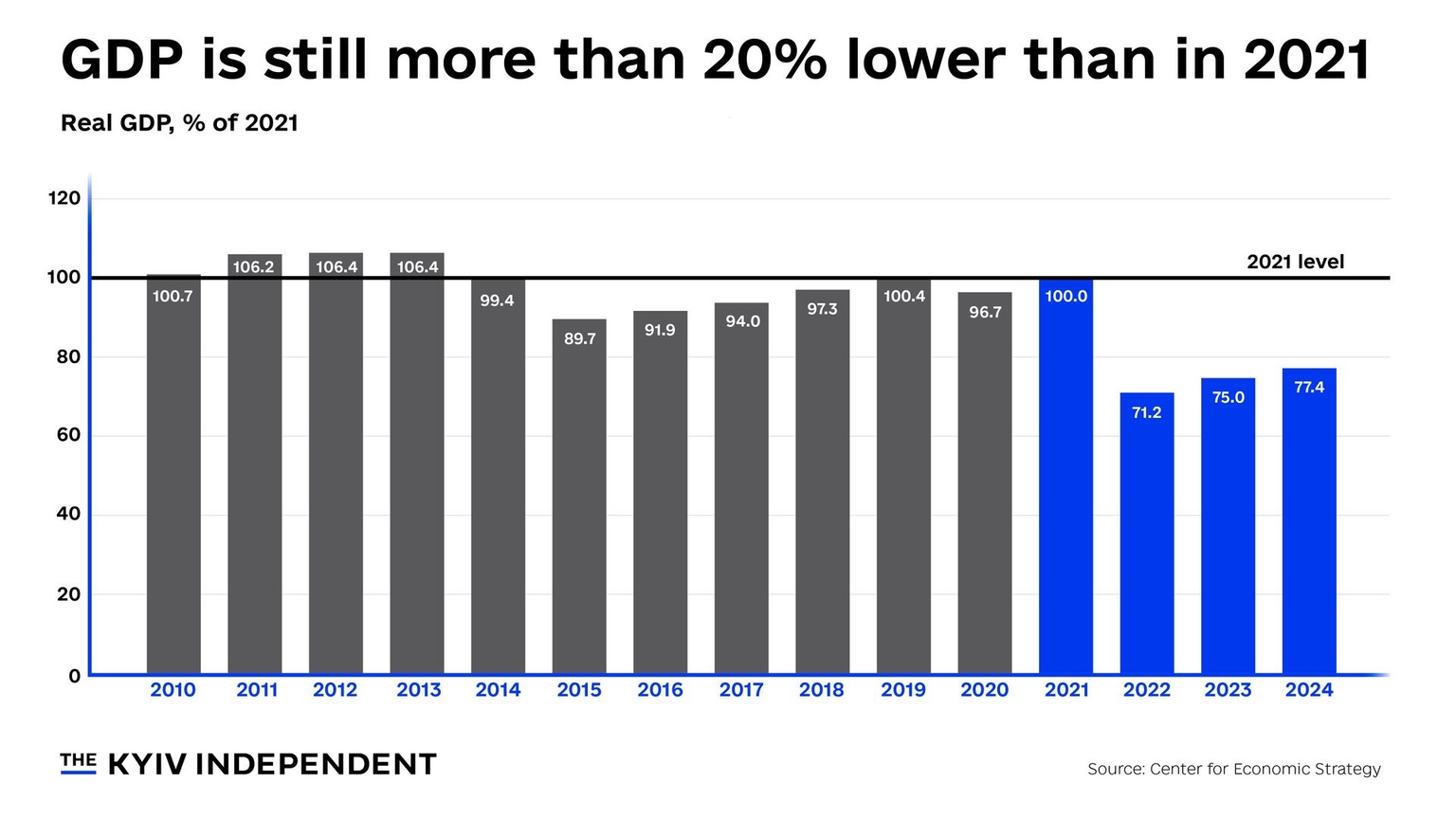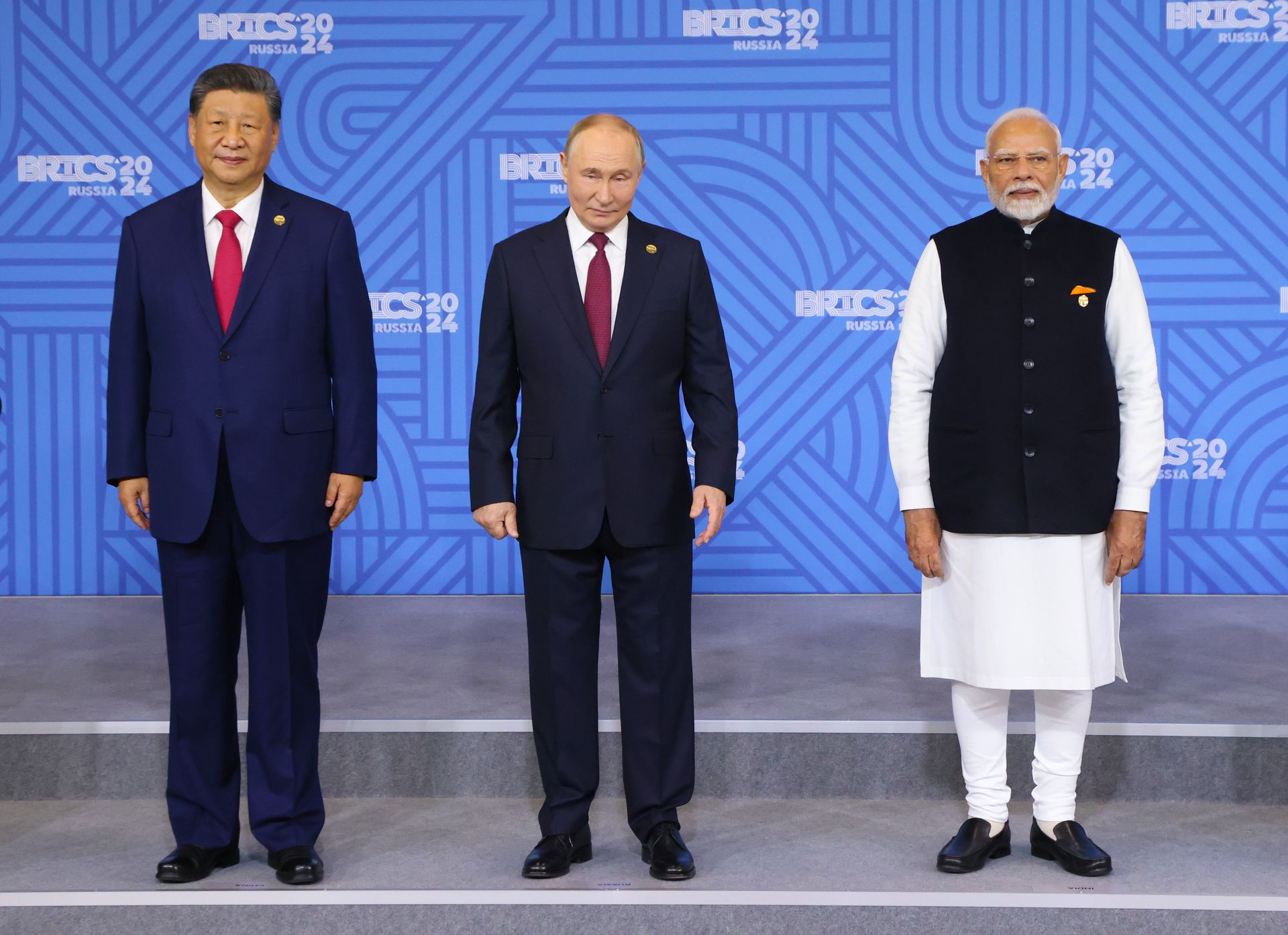IMF keeps Ukraine's growth forecast unchanged, despite mounting attacks on energy

The International Monetary Fund left its forecasts for Ukraine’s economic growth unchanged, despite a looming hole in the country’s finances and intensifying Russian attacks on energy infrastructure.
The IMF forecasted 2% growth in 2025 and 4.5% in 2026, unaltered from its April 2025 projections.
Kyiv is currently seeking a new four-year IMF loan program and new funding from partners to plug an estimated $65 billion budget gap for 2026 — 2029. All of Ukraine’s domestic revenues finance its war effort, accounting for approximately half of the budget, and it relies on foreign financial assistance for civilian expenditures.
While the estimates are unchanged compared to the IMF’s April 2025 estimates, those numbers were a downgrade from the IMF’s October 2024 predictions, which foresaw 2.5% growth for 2025 and 5.3% growth in 2026.
Ukraine’s economy contracted by 28.8% in 2022 due to Russia’s full-scale invasion, which has occupied approximately one-fifth of Ukraine’s territory and caused almost 6 million people to flee the country.
In 2023 and 2024, Ukraine’s economy recovered, growing 5.5% and then 2.9%, but is still at more than 20% lower than in 2021, according to Kyiv-based think tank Center for Economic Strategy.

The IMF forecasts global growth to be 3.2% in 2025, up from its previous estimate of 3.0%.











